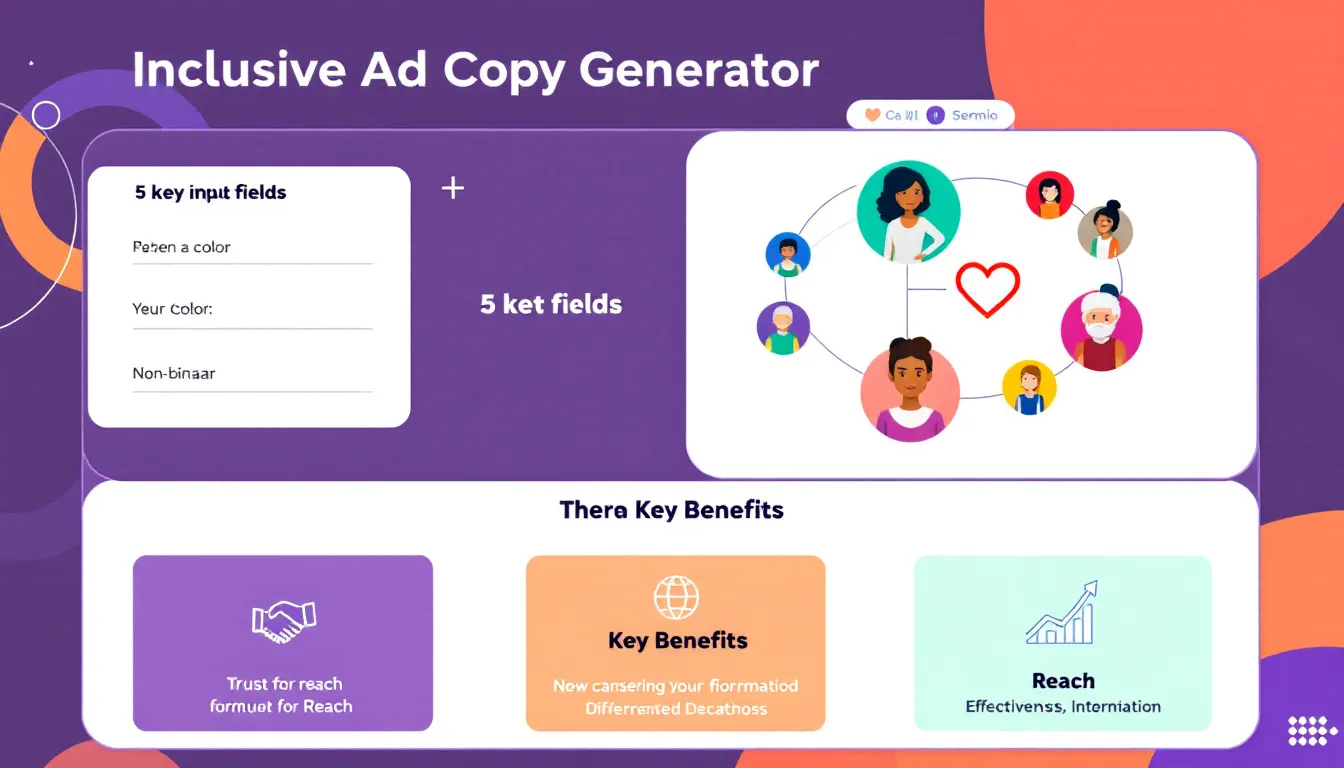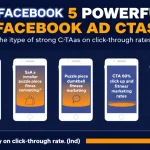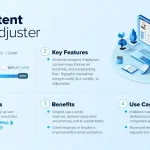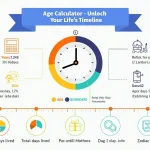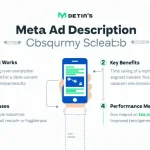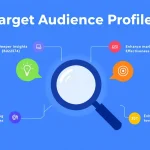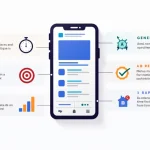Is this tool helpful?
How to Use the Inclusive Ad Copy Generator
Our Inclusive Ad Copy Generator is designed to help marketers and businesses create welcoming, diverse, and effective advertising content. Here’s a detailed guide on using each field effectively:
1. Target Audience Field
Enter specific demographic and psychographic details about your intended audience. For example:
- “LGBTQ+ millennials interested in sustainable fashion and ethical shopping”
- “Diverse group of parents aged 30-45 seeking inclusive educational resources”
2. Brand Values and Messaging
Detail your core brand principles and key messages. Strong examples include:
- “Body positivity, accessibility, environmental responsibility, and cultural celebration”
- “Social justice, educational equity, technological innovation, and universal design”
3. Product/Service Description
Provide comprehensive details about your offering, focusing on inclusive features and universal benefits. Be specific about accessibility features, cultural considerations, and universal design elements.
4. Tone and Voice Selection
While optional, this field helps tailor the language style. Consider inputs like:
- “Warm, inclusive, and culturally sensitive”
- “Professional yet approachable, with emphasis on representation”
5. Call-to-Action Input
Specify your desired audience response, ensuring it’s welcoming and accessible to all.
Understanding Inclusive Ad Copy Generation
This tool transforms traditional advertising approaches by incorporating diversity, equity, and inclusion (DEI) principles into marketing communications. It helps businesses create advertisements that resonate with diverse audiences while avoiding stereotypes and exclusionary language.
Key Benefits of Using the Inclusive Ad Copy Generator
- Ensures representation and visibility for underrepresented groups
- Reduces unconscious bias in marketing communications
- Expands market reach through culturally sensitive messaging
- Builds brand trust across diverse communities
- Enhances social responsibility and brand reputation
- Improves campaign effectiveness through inclusive language
Solving Marketing Challenges Through Inclusive Content
The generator addresses several critical marketing challenges:
Language Sensitivity
By incorporating inclusive language patterns, the tool helps brands avoid potentially offensive or exclusionary terms while maintaining authentic communication.
Cultural Competency
The generator ensures marketing messages respect and acknowledge different cultural perspectives and experiences.
Universal Appeal
Creates content that resonates across diverse demographic groups while maintaining specific targeting objectives.
Practical Applications and Use Cases
Example 1: Fashion Retailer
Target Audience: “Multi-generational women of all sizes interested in sustainable fashion”
Generated copy emphasizes body positivity, size inclusivity, and environmental consciousness while featuring diverse representation.
Example 2: Educational Technology
Target Audience: “Neurodivergent students and their support systems seeking adaptive learning solutions”
Copy focuses on accessibility features, learning style diversity, and inclusive educational approaches.
Example 3: Financial Services
Target Audience: “Multilingual families seeking accessible financial planning resources”
Content highlights cultural sensitivity in financial matters and provides multilingual support options.
Best Practices for Inclusive Ad Copy
- Use gender-neutral language when possible
- Acknowledge diverse family structures and relationships
- Consider accessibility in calls-to-action
- Represent various body types, ages, and abilities
- Include cultural contexts without stereotyping
- Address economic diversity sensitively
Frequently Asked Questions
How can I make my ad copy more inclusive?
Focus on universal human experiences while acknowledging diverse perspectives. Use language that welcomes all potential customers and avoid assumptions about your audience’s background or experiences.
What makes inclusive advertising effective?
Inclusive advertising succeeds by authentically representing diverse audiences, using appropriate language, and creating genuine connections with various community segments.
How often should I update my inclusive ad copy?
Regular updates help maintain relevance with evolving social awareness and cultural changes. Consider quarterly reviews of your messaging strategy.
Can inclusive advertising improve brand perception?
Yes, thoughtful inclusive advertising can enhance brand reputation, build trust with diverse communities, and demonstrate social responsibility.
What elements should inclusive ad copy include?
Effective inclusive copy should feature diverse representation, accessible language, cultural sensitivity, and clear value propositions that resonate across different demographic groups.
How do I maintain authenticity in inclusive advertising?
Ensure your messaging aligns with genuine brand values and actions. Involve diverse perspectives in the content creation process and seek feedback from representative community members.
Impact Measurement and Success Indicators
Track the effectiveness of your inclusive ad copy through:
- Engagement rates across diverse audience segments
- Positive community feedback and social media sentiment
- Brand perception improvements
- Customer acquisition from new demographic groups
- Increased customer loyalty and advocacy
Future-Proofing Your Advertising Strategy
Inclusive advertising is not just a trend but a fundamental shift in marketing communications. By using this generator, businesses can:
- Build sustainable, long-term relationships with diverse communities
- Adapt to changing demographic landscapes
- Create marketing content that grows with evolving social awareness
- Develop a reputation for authentic inclusion and representation
Important Disclaimer
The calculations, results, and content provided by our tools are not guaranteed to be accurate, complete, or reliable. Users are responsible for verifying and interpreting the results. Our content and tools may contain errors, biases, or inconsistencies. We reserve the right to save inputs and outputs from our tools for the purposes of error debugging, bias identification, and performance improvement. External companies providing AI models used in our tools may also save and process data in accordance with their own policies. By using our tools, you consent to this data collection and processing. We reserve the right to limit the usage of our tools based on current usability factors. By using our tools, you acknowledge that you have read, understood, and agreed to this disclaimer. You accept the inherent risks and limitations associated with the use of our tools and services.
